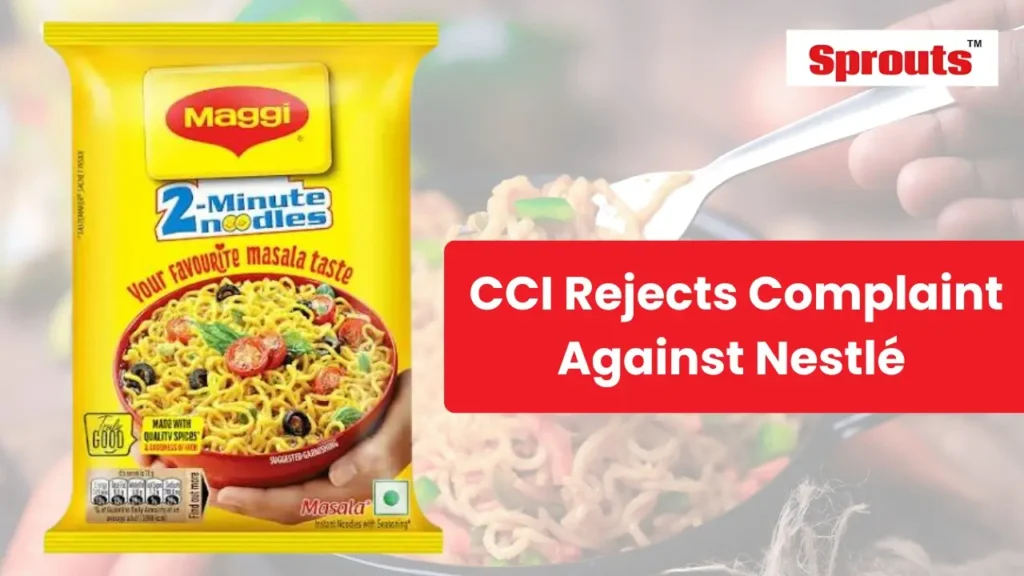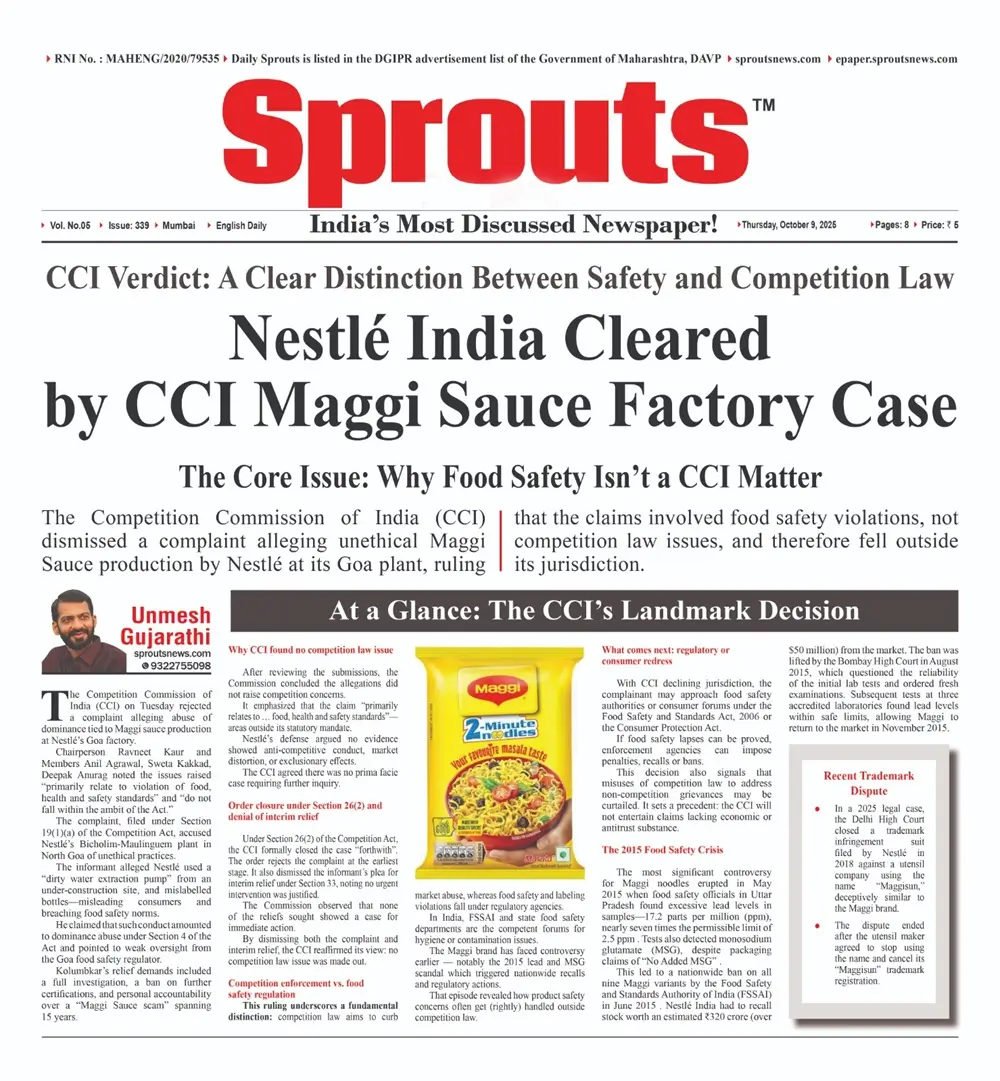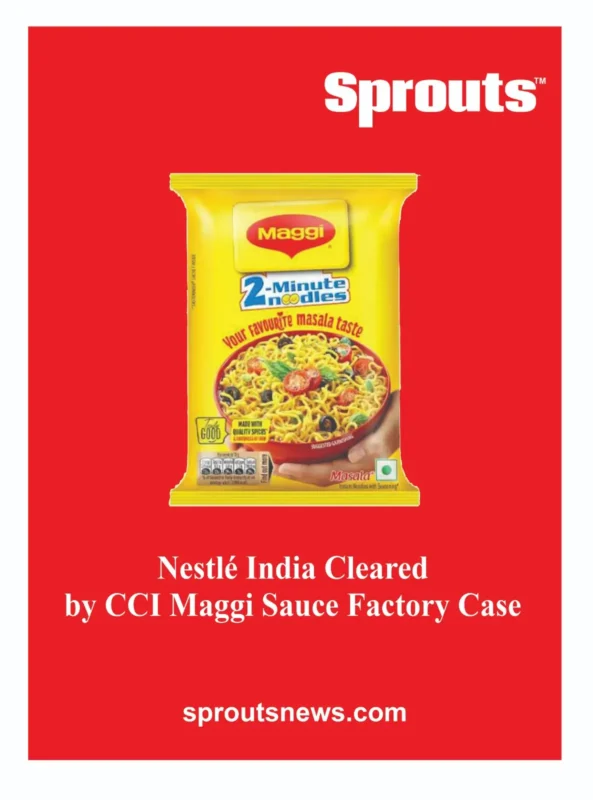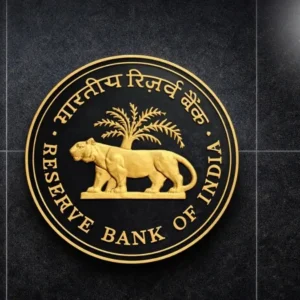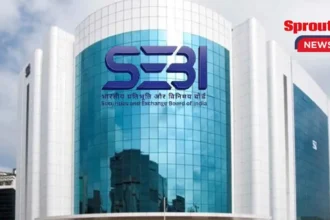CCI Rejects Complaint Against Nestlé Over Unethical Maggi Sauce Claims
• CCI Verdict: A Clear Distinction Between Safety and Competition Law
• The Core Issue: Why Food Safety Isn’t a CCI Matter
• At a Glance: The CCI’s Landmark Decision
The Competition Commission of India (CCI) dismissed a complaint alleging unethical Maggi Sauce production by Nestlé at its Goa plant, ruling that the claims involved food safety violations, not competition law issues, and therefore fell outside its jurisdiction. The commission clarified that the allegations—centered on food safety and mislabelling—fall under health and safety regulation, not competition law. The order, led by Chairperson Ravneet Kaur, marks a key distinction between food safety oversight and market dominance jurisdiction.
- CCI Rejects Complaint Against Nestlé Over Unethical Maggi Sauce Claims
- • CCI Verdict: A Clear Distinction Between Safety and Competition Law
- • The Core Issue: Why Food Safety Isn’t a CCI Matter
- • At a Glance: The CCI’s Landmark Decision
- Why CCI found no competition law issue
- Order closure under Section 26(2) and denial of interim relief
- Competition enforcement vs. food safety regulation
- What comes next: regulatory or consumer redress
- The 2015 Food Safety Crisis
- Recent Trademark Dispute
Chairperson Ravneet Kaur and Members Anil Agrawal, Sweta Kakkad, Deepak Anurag noted the issues raised “primarily relate to violation of food, health and safety standards” and “do not fall within the ambit of the Act.”
The complaint, filed under Section 19(1)(a) of the Competition Act, accused Nestlé’s Bicholim-Maulinguem plant in North Goa of unethical practices.
The informant alleged Nestlé used a “dirty water extraction pump” from an under-construction site, and mislabelled bottles—misleading consumers and breaching food safety norms.
He claimed that such conduct amounted to dominance abuse under Section 4 of the Act and pointed to weak oversight from the Goa food safety regulator.
Kolumbkar’s relief demands included a full investigation, a ban on further certifications, and personal accountability over a “Maggi Sauce scam” spanning 15 years.
Click Here To Download the News Attachment
Why CCI found no competition law issue
After reviewing the submissions, the Commission concluded the allegations did not raise competition concerns.
It emphasized that the claim “primarily relates to … food, health and safety standards” — areas outside its statutory mandate.
Nestlé’s defense argued no evidence showed anti-competitive conduct, market distortion, or exclusionary effects.
The CCI agreed there was no prima facie case requiring further inquiry.
Order closure under Section 26(2) and denial of interim relief
Under Section 26(2) of the Competition Act, the CCI formally closed the case “forthwith”. The order rejects the complaint at the earliest stage.
It also dismissed the informant’s plea for interim relief under Section 33, noting no urgent intervention was justified.
The Commission observed that none of the reliefs sought showed a case for immediate action.
By dismissing both the complaint and interim relief, the CCI reaffirmed its view: no competition law issue was made out.
Competition enforcement vs. food safety regulation
This ruling underscores a fundamental distinction: competition law aims to curb market abuse, whereas food safety and labeling violations fall under regulatory agencies.
In India, FSSAI and state food safety departments are the competent forums for hygiene or contamination issues.
The Maggi brand has faced controversy earlier — notably the 2015 lead and MSG scandal which triggered nationwide recalls and regulatory actions.
That episode revealed how product safety concerns often get (rightly) handled outside competition law.
Also Read: MP Health Secretary Accused of False NCPCR Submission on NHM Posts.
What comes next: regulatory or consumer redress
With CCI declining jurisdiction, the complainant may approach food safety authorities or consumer forums under the Food Safety and Standards Act, 2006 or the Consumer Protection Act.
If food safety lapses can be proved, enforcement agencies can impose penalties, recalls or bans.
This decision also signals that misuses of competition law to address non-competition grievances may be curtailed.
It sets a precedent: the CCI will not entertain claims lacking economic or antitrust substance.
The 2015 Food Safety Crisis
The most significant controversy for Maggi noodles erupted in May 2015 when food safety officials in Uttar Pradesh found excessive lead levels in samples—17.2 parts per million (ppm), nearly seven times the permissible limit of 2.5 ppm . Tests also detected monosodium glutamate (MSG), despite packaging claims of “No Added MSG” .
This led to a nationwide ban on all nine Maggi variants by the Food Safety and Standards Authority of India (FSSAI) in June 2015 . Nestlé India had to recall stock worth an estimated ₹320 crore (over $50 million) from the market . The ban was lifted by the Bombay High Court in August 2015, which questioned the reliability of the initial lab tests and ordered fresh examinations . Subsequent tests at three accredited laboratories found lead levels within safe limits, allowing Maggi to return to the market in November 2015 .
Recent Trademark Dispute
In a 2025 legal case, the Delhi High Court closed a trademark infringement suit filed by Nestlé in 2018 against a utensil company using the name “Maggisun,” deceptively similar to the Maggi brand . The dispute ended after the utensil maker agreed to stop using the name and cancel its “Maggisun” trademark registration .

